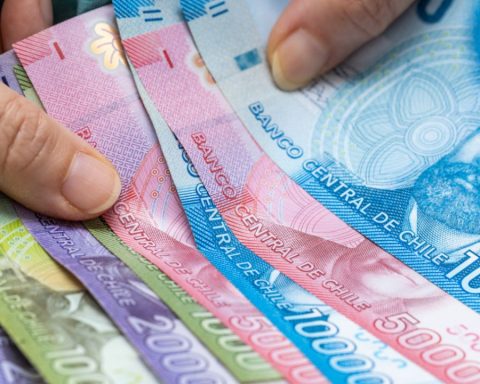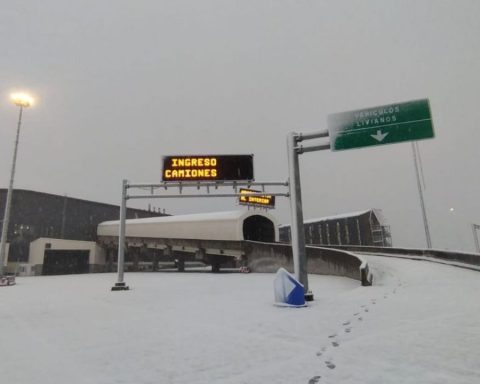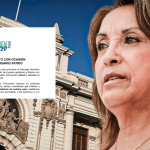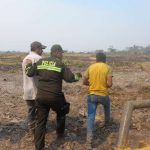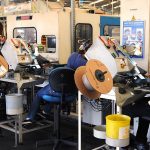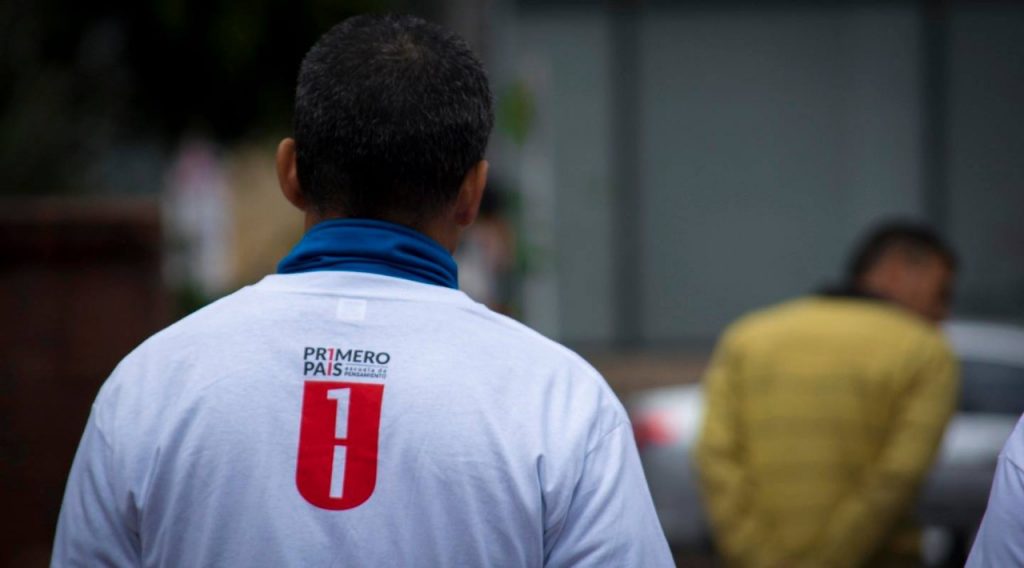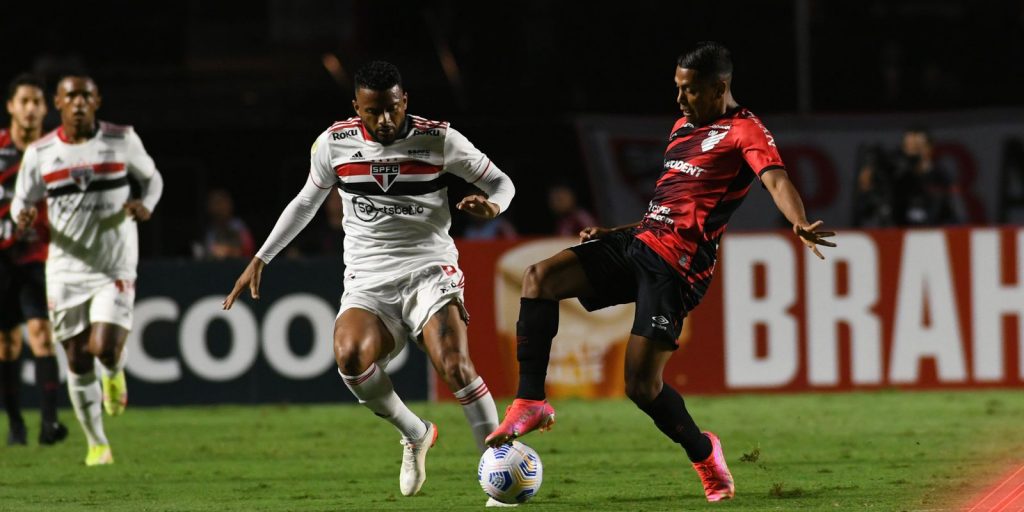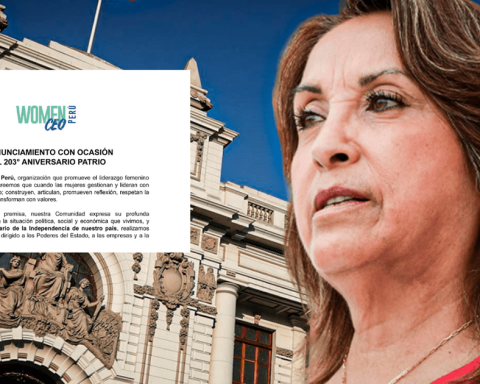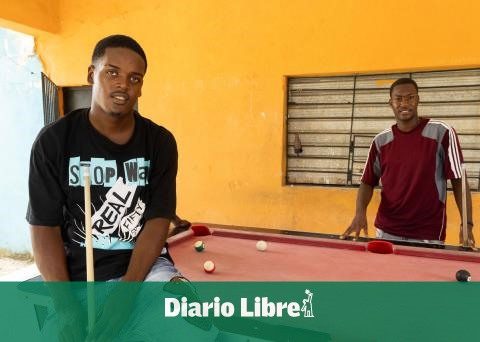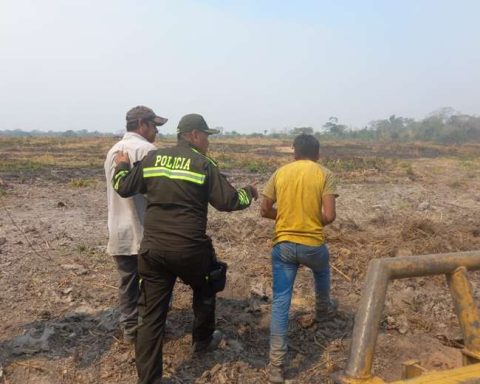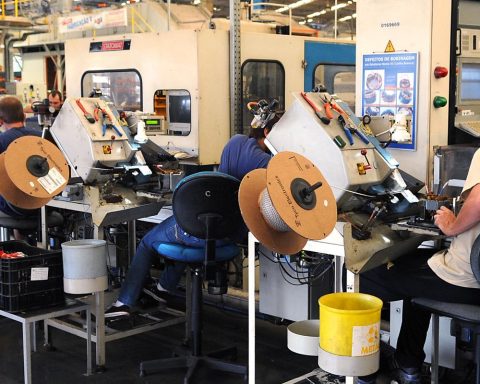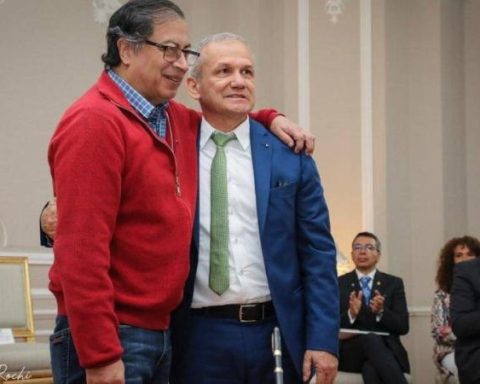
In these days the constituents have been in massive town councils and meetings in the Bíobío Region, which is part of the territorial work. They will have a hearing process until the first days of January and, after that, they hope to advance in the election of a new directive for the Constitutional Convention (CC).
This is one of the flanks where some constituents hope to pay attention to face the electoral process, which may end up permeating the work of the CC, depending on who comes to the government and how the renewed Congress relates to them. So far, there is concern about the obstructionism that could arise from a possible mandate of José Antonio Kast, who has not given guarantees to protect what results from the process.
“The loss of prestige in which the Constituent Convention falls day by day makes us predict a bad result (…). If the project is bad and I am elected President, clearly I will work so that the Rejection wins in the exit plebiscite,” he said. Kast on October 6, in Enagro.
In the event that Gabriel Boric, who pledged to support the work of the Convention, governs, constituents believe that the boycott attempts of the hard right could continue, both from within the CC itself and from Congress.
In this context, several members of the Convention analyzed the tools that could allow them to survive and strengthen the legitimacy of the constituent body, regardless of who assumes the Presidency next year.
“A different moment is coming in the Constitutional Convention, it must be prepared for a government that supports it, like that of Gabriel Boric, but also for one that is contrary or adverse,” stated the constituent of the PC Marcos Barraza.
One of the relevant flanks is the board of directors, which must change in January, and where the common view is that it must be a leadership with experience, that has expertise, that can generate consensus both within the CC and outside it, in the citizenship, but also possess political experience and management. For some, the current directive was marked by relevant symbolisms, but these are not the essential in a new stage.
There are different views, yes, of specific characteristics. All stressed that no names have yet been put on the table, although some comments have been made. A center-right constituent stated that more technical and transversal figures could be a good contribution, with names such as Agustín Squella, Cristián Viera or a representative of the Socialist Collective, who for several has had a hinge role within the CC.
In other sectors they did not venture with names, but they did ensure that it is likely that the Broad Front will not repeat the first vice presidency nor will it occupy the presidency, given the role that the now vice president Jaime Bassa already had. Within a sector of Approve Dignity they see with good eyes that it could be a pair that complements each other, of different worlds that can enrich the conduction of the CC. In the event that a possible Kast government is installed, several added to the characteristics that they are people with the impetus to confront, decisively and with a “political doll”, possible locations or criticisms.
The constituent DC Fuad Chahin pointed to the need to have “a board of directors where a good technical profile is combined with political experience, so that the conduct of the Convention avoids some unforced errors.” Meanwhile, his counterpart from the Socialist Collective, César Valenzuela, said that “the symbolic is always important, but I think that political ability will be relevant in this new period.”
For her part, the conventional constituent Jennifer Mella, from the Broad Front, argued that the new directive, in addition to generating consensus within the CC, “must have a legitimacy outside the Convention, social, political and that allows it to lead until the signature of the new Constitution “.
Possible strategies
Although the bet is that the work of the CC does not end up being permeated by the elections, several admitted that it is almost inevitable that it will affect. For others, there is an undoubted relationship. The RN constituent Raúl Celis put it this way and, in this sense, detailed that “the best example is that it has been avoided to enter the substantive matters until the end of the second round. That is evident and now there has been a surprising result and it must be assumed by the Convention, in the sense of moderating the content of the Constitution, of seeking major agreements “.
In his opinion, reaching the maximum possible consensus will be essential to have a successful process, and he aimed not to fall into a conflict with the Executive and the Legislature, because “the risk of the legitimacy of the Constitution is enormous. The result is at risk. of the exit plebiscite, and even if the result is positive, there is a risk that we will end up with a Constitution of low approval of all the potential electorate “.
Another flank that they see as fundamental in the CC is to meet the stipulated deadlines, to prevent criticism from being generated in this line, as has already happened. Even after the president of RN, Francisco Chahuán, stated that “we must not dismiss a priori an extension “.
“Extending the term of the CC is a trap, because in the end if we give that signal we will end up weakening the image of the Convention before the public opinion,” emphasized Fuad Chahin, who added that a fundamental element will be to advance faster in regulations constitutional laws and “that has a greater sense of realism.” A subject on which the constituent César Valenzuela agreed, who stressed that, when the substantive issues are entered, “the Convention is going to be revitalized.” He added that “the main thing is that we try to avoid unforced errors and, in that sense, meet deadlines.”
Although there is a majority perception that a Kast government could make life difficult for them, and that internal critics like Teresa Marinovic will continue to question the space, the constituents defended tooth and nail the legitimacy of the space per se. Marcos Barraza called on those who have doubts to “make sure that there is a popular mandate ratified at the polls, that it has broad legitimacy, and not to be subjected to the pressure exerted by the right wing and conservatism.”
The communicational issue and that of controversies are also key, especially after hard blows such as Rodrigo Rojas Vade, the discussions by the fake news and questions about expenses.
“The greatest strength that the Convention has is its roots in the people. We must continue to focus on work. The less stridency and public controversy we generate, it will help to continue giving it the social and popular legitimacy that is the Convention’s greatest asset. “, said Ignacio Achurra.
“The best way to protect this process is to carry it out seriously, with a better communication level of what you are doing, but also in the call and how participatory it is,” added Jennifer Mella.


